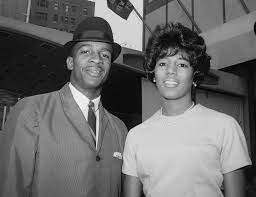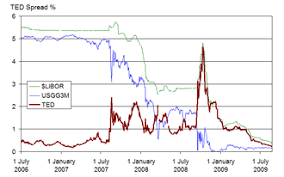On January 19, 2013, the civil rights movement lost one of its courageous figures with the passing of James Hood. His death marked the end of an era, but his legacy continued to resonate as a testament to the struggle for racial equality and justice in the United States.
James Hood became a symbol of resilience and determination when he played a pivotal role in the desegregation of the University of Alabama in 1963. Born on November 10, 1942, in Gadsden, Alabama, Hood grew up in a racially segregated South, experiencing firsthand the systemic injustices that permeated society. His journey towards becoming a civil rights icon began when he decided to challenge the status quo by seeking admission to the University of Alabama.
In June 1963, Hood and Vivian Malone became the first African American students to enroll at the University of Alabama, a historically white institution. Their admission was a direct challenge to Governor George Wallace, who famously stood in the schoolhouse door in a symbolic attempt to block their entry. President John F. Kennedy federalized the Alabama National Guard to ensure the students' safe enrollment, and they ultimately triumphed over the forces of segregation.
James Hood's actions, along with those of other civil rights activists, contributed significantly to breaking down the barriers of racial segregation in education. The events at the University of Alabama served as a watershed moment in the larger struggle for civil rights, highlighting the power of peaceful protest and the necessity of dismantling discriminatory practices.
After the historic events at the University of Alabama, Hood continued his education, earning a master's degree in education and later a doctorate in philosophy. He devoted much of his life to academia, working in various roles within the field of education. Throughout his career, he remained an advocate for equal opportunities and the importance of education as a tool for social change.
James Hood's passing in 2013 was met with reflections on the progress made in civil rights since the turbulent 1960s. His contributions were acknowledged by leaders, activists, and scholars alike, underscoring the significance of his role in the broader narrative of the struggle for racial justice. However, his death also prompted a sober recognition that the fight against racism and inequality was far from over.
As the nation mourned the loss of James Hood, it also acknowledged the ongoing challenges faced in achieving true equality. Hood's legacy became a call to action for a new generation to continue the work of those who had come before, ensuring that the principles of justice and fairness would prevail in the face of persistent racial disparities.
In remembering James Hood, the nation honored not only an individual who stood against injustice but also the collective spirit of those who fought for civil rights. His story serves as a reminder that every individual can make a profound impact on the trajectory of history, and the struggle for equality requires both individual courage and collective determination.






